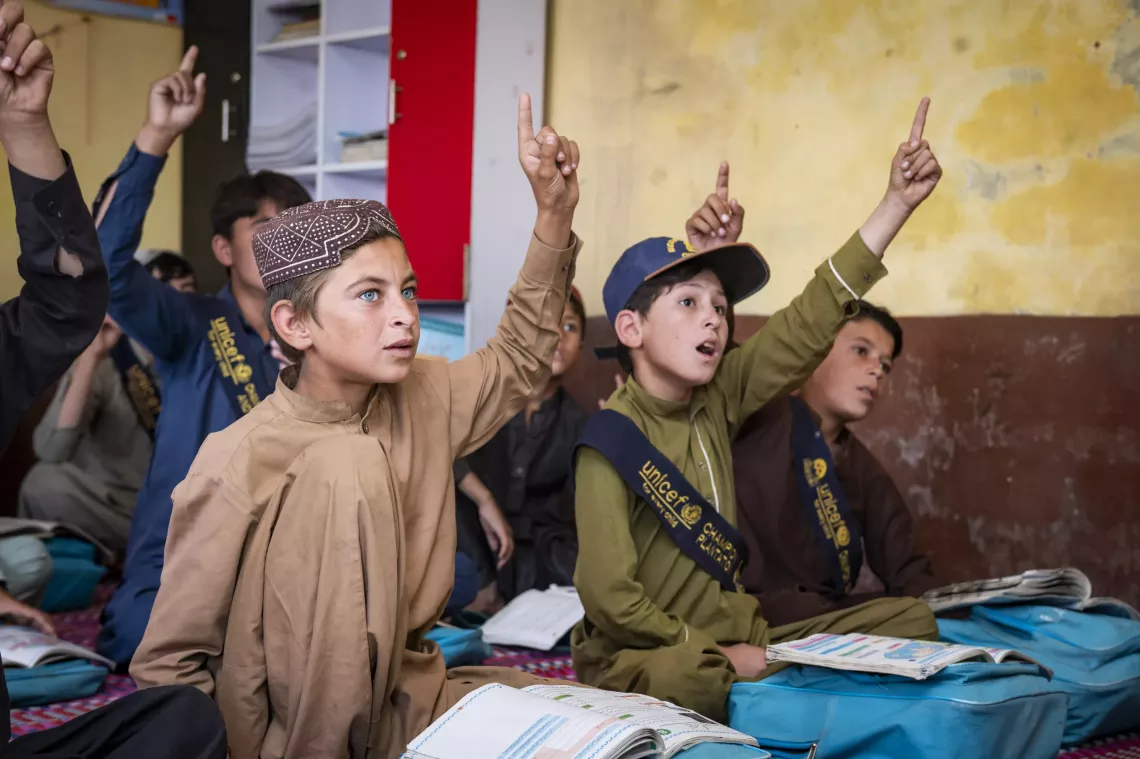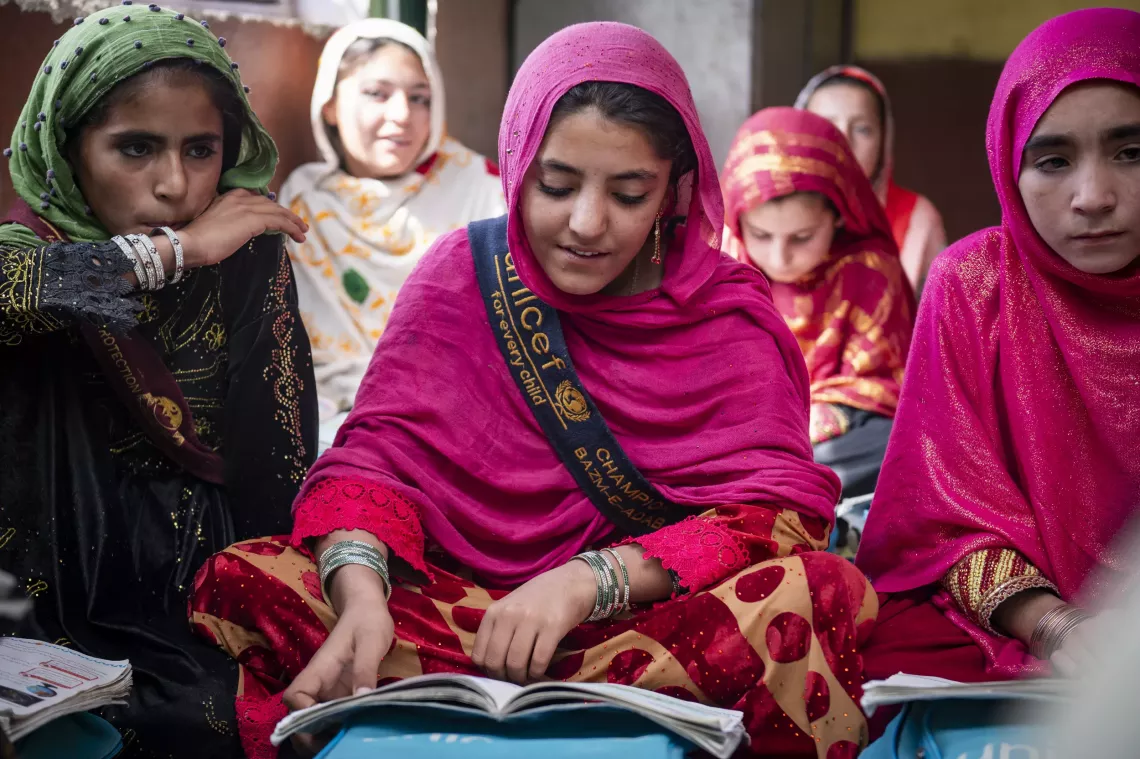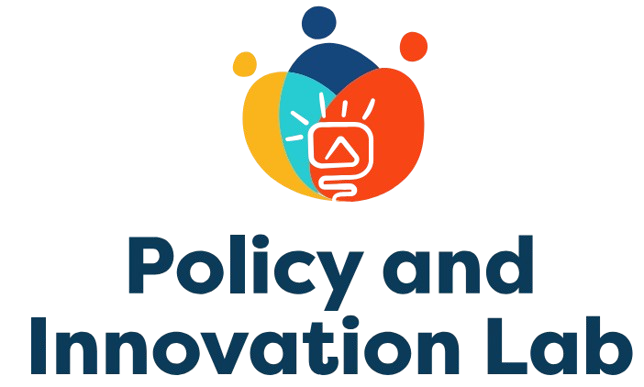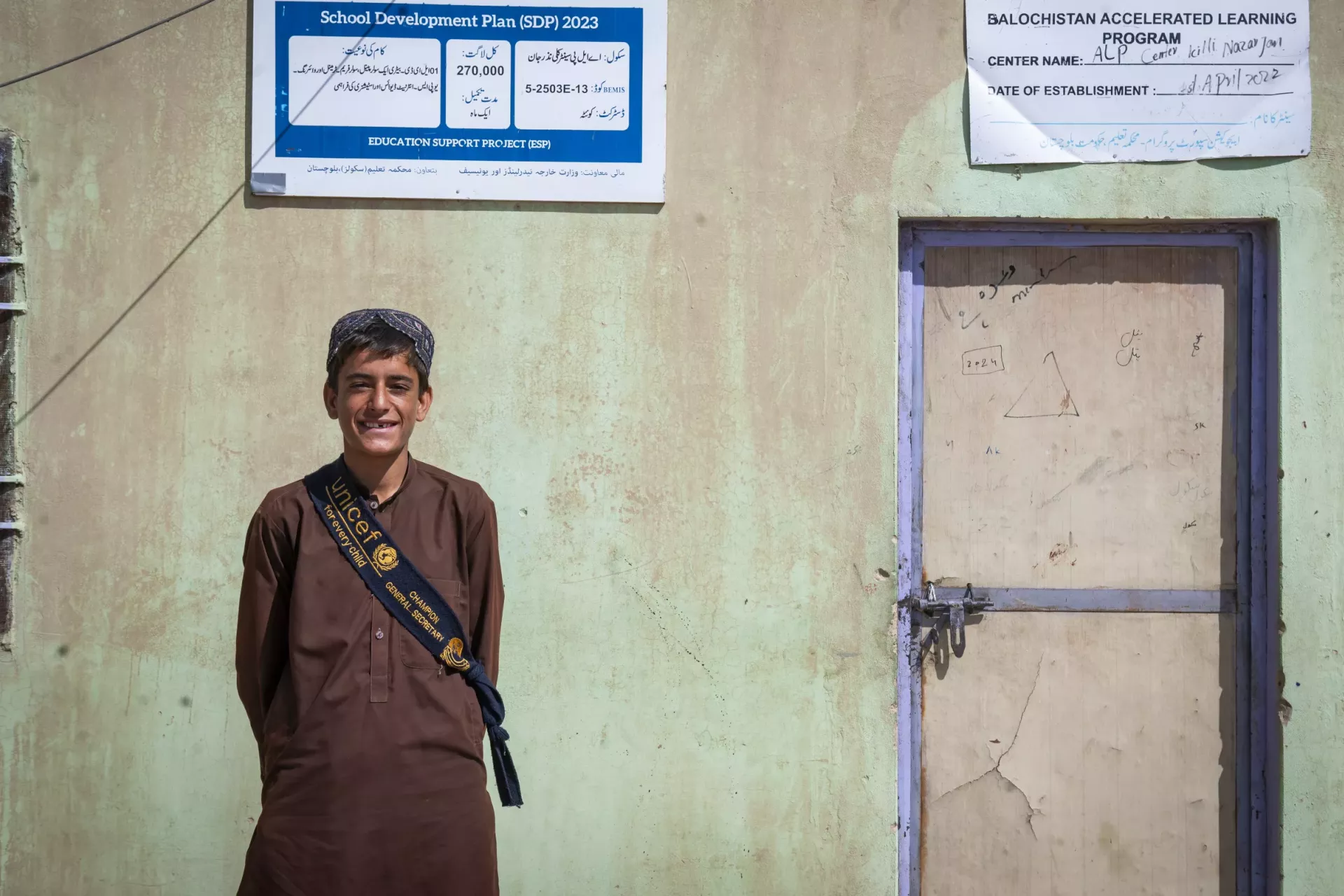With support from Norway, UNICEF’s Accelerated Learning Programme (ALP) is helping children access education for the first time.
Quetta, Balochistan: Education is not something Naimatullah takes for granted. At 14 years of age, he has shouldered more responsibilities than a young child ever should. Naimatullah spent many of his younger years working instead of getting the chance to learn.
“I used to collect paper to support my family,” said Naimatullah. “I would work from 8 am until 1 pm each day and bring home around 200-250 rupees (0.70 – 0.90 US cents),” he added.
Naimatullah has a large family with 13 siblings. They originally hail from Afghanistan but have lived in Pakistan for over 50 years on the outskirts of Quetta. Receiving an education was always a distant dream.
Naimatullah started work early in the morning. He would walk 1 hour to reach the rubbish dump together with other children from his community. He worked in the hot sun during summer and in the freezing temperatures during winter to help feed his family.
Naimatullah’s fortunes changed after his eldest brothers started to work in construction and the financial pressure on the household eased. At the same time, an Accelerated Learning Programme (ALP) Centre was established in his area, with support from the Government and people of Norway, together with UNICEF.
“I started coming to school. It wasn’t difficult for me to learn,” said Naimatullah, whose favourite subjects include science, Urdu and social studies. “I enjoy learning about biology, especially viruses and bacteria,” he added before giving an impressive display on handwashing techniques.
Many of Naimatullah’s family members have not had the opportunity to receive an education. He is the first generation in his family to go to school.
“The ALP programme was set up to reach children who have either never been to school or dropped out. The idea is to fast-track their learning by teaching a condensed version of the six-year primary school curriculum in 30 months,” said Mohammad Waseem, Monitoring and Evaluation Officer and ALP Focal Person, Balochistan Education Support Programme.
The ALP programme is designed to help children catch up on learning so they can re-enter the formal education system at middle-school and continue their education until the highest level possible.

“Many communities in Quetta are facing all kinds of hardships, poverty, illiteracy and lack of opportunities. This cycle continues across different generations if there is no access to education to break this chain,” said Waseem.
Thanks to support from Norway, UNICEF supports 41 ALP Centres reaching over 1,000 students in Balochistan, the province with the highest percentage (58%) of out-of-school students in Pakistan.
The programme provides quality education for the students through the continuous professional development of ALP tutors. Teachers receive orientations and in-service training on accelerated learning techniques and classroom assessment strategies, while children receive all their required learning materials, including textbooks, notebooks, school bags and sports equipment.
Naimatullah proudly displays his special sash highlighting his role as a UNICEF Champion and General Secretary of the School Committee. The eight appointed champions in each class undertake a series of projects each year to support the smooth running of the school, including tree planting, hygiene promotion and protection of education equipment.
“I take minutes of our meetings. I help to organize the activities of the school committee, but this is not always easy. This year, the trees we planted at the centre were not fenced and they were eaten by the neighbourhood goats,” smiles Naimatullah.
Naimatullah is the first generation in his family to get an education, but not all of his siblings have the same opportunity. His sisters have not been to school and even though his parents are supportive of their education, there are no spaces for more students at the learning centres close to their home.
“Women and girls have the right to be independent. They can earn their own money. They can be teachers and doctors, so of course they need an education,” said Naimatullah.
Further expansion of education programmes is needed to keep up with the demand, particularly from girls, who are more likely to be out of school than boys in Balochistan.
When asked about his future ambitions, Naimatullah shared that he wants to complete a bachelor’s and master’s degree so he can become a teacher.
Education is the great equalizer. The sky is the limit for children like Naimatullah when they have the opportunity to learn and break through the barriers their parents had to face. The benefits of education can be felt not just by students and their families, but by the entire society as first-time learners dream big, contribute more and bring positive change.

Author:
Karen Reidy




